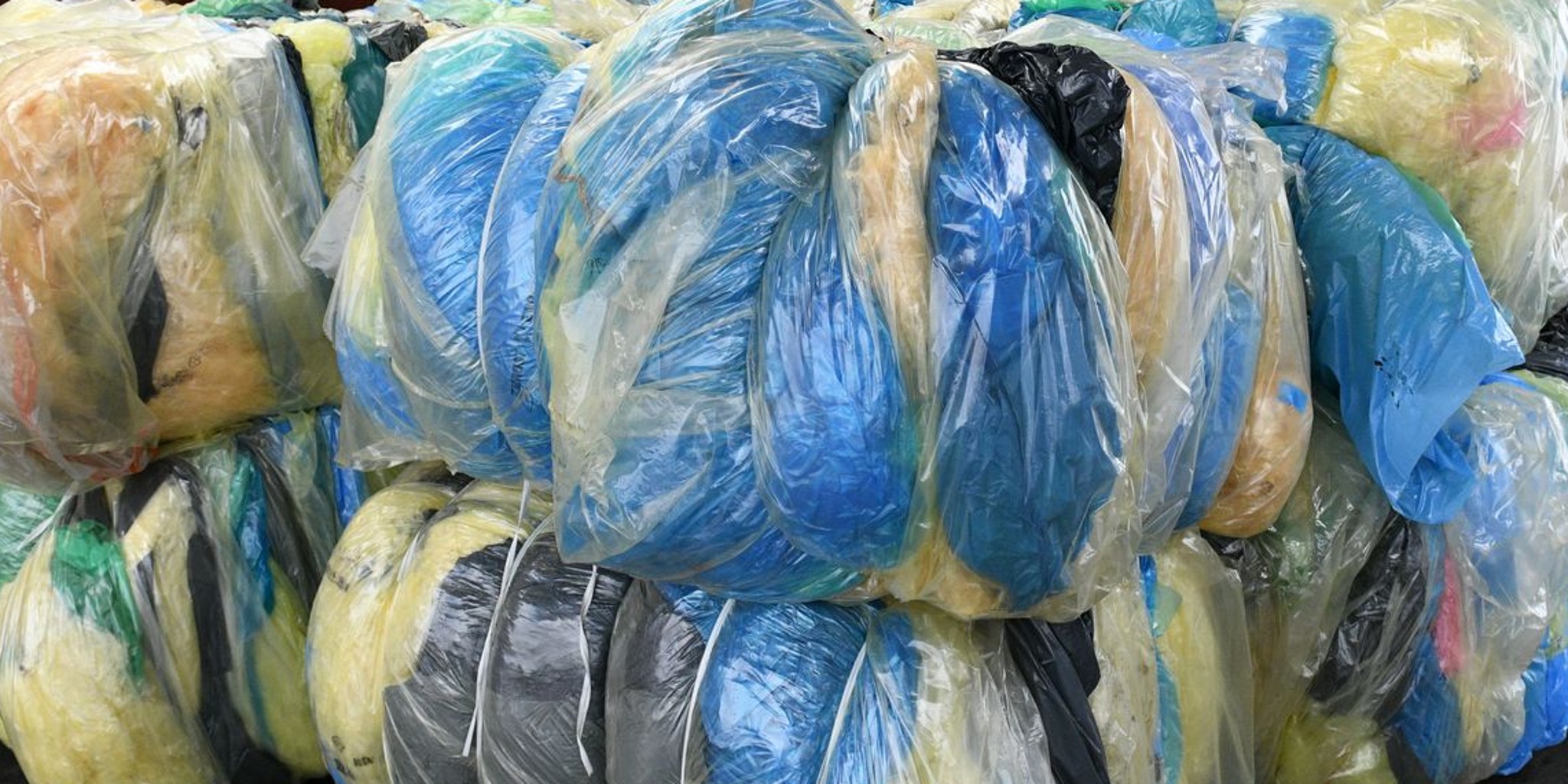As the European Parliamentary Research Service has indicated, our oceans are already littered with as much as 150 million tons of plastic garbage, with the number rising by an estimated 4.8 to 12.7 million tons annually.

People & Culture
#Sustainability
From Waste to Recyclable Materials
Min Reading Time
The concept of waste prevention or large-scale recycling while saving money in the process may initially seem like a contradiction, but several projects from the ZF world have shown this is not the case.
Waste prevention and gathering recyclable material
Waste prevention and gathering recyclable material
In addition to waste prevention, recycling is also extremely important. After all, what we call waste also contains many recyclable materials that are much too valuable to throw away. As a globally active company, ZF strives to manufacture its products as efficiently as possible in terms of resources and to keep any residual waste to a minimum. Of course, ZF complies with all local waste and recycling regulations everywhere it does business, but many of its locations have additional voluntary actions for producing less waste and doing a better job of protecting the environment by means of improved waste management. Two model projects – one from the German Schweinfurt location and the other from Sorocaba in Brazil – show exactly how the company is doing this.
Brazil: Residual waste at the Sorocaba plant drastically reduced
Brazil: Residual waste at the Sorocaba plant drastically reduced
Joao Gambarra is responsible for environmental issues at the Brazilian ZF location and he has an ambitious goal: “We want to reduce the waste that ends up in the landfill to zero over the next few years.” To this end, the plant launched its ‘Trail to Zero Landfill’ project at the end of 2017, with a focus on waste that has so far never been recycled. Gambarra’s team started with a detailed inventory of all types of waste produced in Sorocaba, which can range from waste from production and construction projects to organic waste from the cafeteria and residual waste. ZF collected this residual waste – at least 230 tons per year – in a temporary warehouse that is used by several local companies. Recyclable materials that had no business being included with the residual waste often also landed here. “The first action we took was to educate both our employees as well as the employees from the collection area on how to separate waste”, explains Gambarra. This action alone enabled the project team to reduce the average quantity of monthly residual waste from roughly 19 tons to 10 tons in the first few months of 2018. A majority of the waste consisted of paper towels and paper cups. Gambarra’s colleagues began looking for a new recycling service provider for this waste fraction. As an interim result of their efforts, Gambarra proudly reports that “compared to 2017, we are now recycling 75 percent of our residual waste.”
“We simply have to get away from our perception that ‘waste is garbage‘, we must change our thinking in this regard. Waste is recyclable material and as such a source of income for the company.”
Conscientious change thanks to sustained waste management
Conscientious change thanks to sustained waste management
In total, from all the waste fractions generated by 2020, only 60 tons are expected to be annually disposed; in 2017, that number was 611 tons. For Sildson Correa, the waste project did not end at the plant gates: “We have the opportunity to promote a culture of recycling among our employees and to make them more conscious of how to prevent waste. They are then bringing this awareness home to their families and friends”, says Correa, who is in charge of Environment, Health and Work Safety for the South America region at ZF.

No matter whether cardboard boxes or plastic wraps: In order to achieve a good selling price on the market, both must be collected separately.
Minor process change means major impact on the environment
Minor process change means major impact on the environment
Sometimes the simplest of actions are incredibly effective. Since last year, Sorocaba’s “Orange Treasure“ project has saved 10 tons of metal waste annually by changing how oil sludge is transported. Instead of collecting the sludge in 780 orange metal barrels for to be transported, the oily sludge is now pumped directly from the collecting tank into a tanker truck. This reduces the risk of leakage and accidents during transport with forklift trucks, simplifies logistics and saves, when converted, roughly €15,000 annually.
Germany: Waste prevention planned with military precision at the Schweinfurt location
Germany: Waste prevention planned with military precision at the Schweinfurt location
In addition to the environmental aspect, the costs at the ZF Schweinfurt location were a strong incentive to introduce a comprehensive waste prevention and recycling project. The initiative was kicked off in 2016 by the Purchasing department. “Sustainability and efficiency are not a contradiction – on the contrary”, explains Matthias Greb, Head of Production Service in Schweinfurt. “We simply have to get away from our perception that ‘waste is garbage‘, we must change our thinking in this regard. Waste is recyclable material and as such a source of income for the company.” A team thus analyzed, with external support, all waste streams, processes and the supplier structure to arrive at a more efficient waste management approach.
19
tons
Residual waste per month from the ZF Brazilian Sorocaba plant ended up in the landfill in 2017. Today, thanks to consistent recycling, it is only 5 tons - a reduction of almost 75 percent.

Metal waste from production is a valuable economic asset.
Paper and plastic: from inconvenient waste to a sought-after raw material
Paper and plastic: from inconvenient waste to a sought-after raw material
The project resulted in several successful initiatives that made it possible to recycle waste into new raw materials, thus creating added value. Today, in addition to cardboard, plastic wrap – sorted according to whether it is transparent or colored – is pressed into rolls directly on site. This makes it better to transport and easier for recycling companies to market it. All things considered, this represents a profit of more than €130,000 annually. In the plant, wastewater containing nickel is evaporated to a lower volume, which not only reduces the transport costs, but also lowers emissions. After all, fewer truck trips mean fewer emissions. Punching coils demonstrate that packaging recyclable materials can considerably influence the price. It consists of many meters of long, sharp-edged metal strips from which metal parts are punched. Due to their length, punching coils can be difficult to work with. However, the resale value of this pure production waste rises if the coils are rolled up into manageable rolls bound together using stainless steel strips.
Recycling pays off in two ways
Recycling pays off in two ways
By reducing waste and streamlining the preparation of material for recycling, ZF is conserving resources and is saving hundreds of thousands of euros alone at the Schweinfurt location annually. Other German company locations are following suit with similar actions.
Though the Schweinfurt waste project officially ended last fall, the ZF team there is continuing to look for more optimization opportunities. For Greb, this is only logical because “Complying with legal regulations alone is not enough. You can always find something that can be improved, you just have to keep your eyes open."







